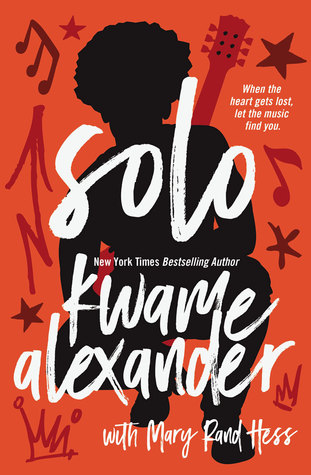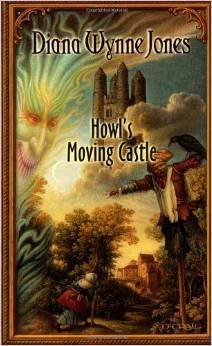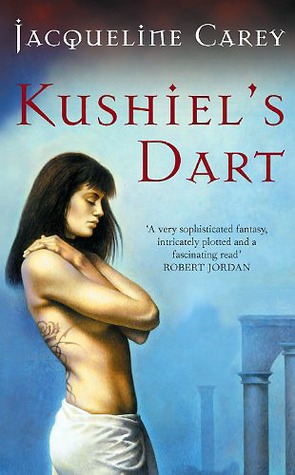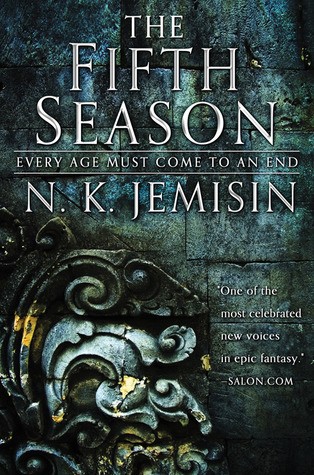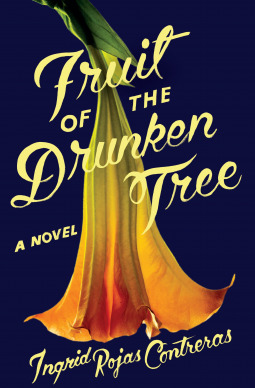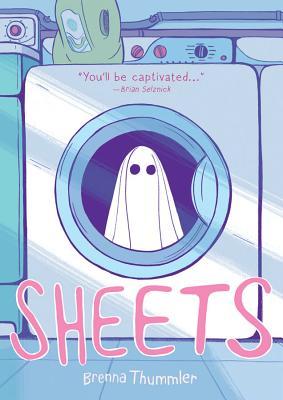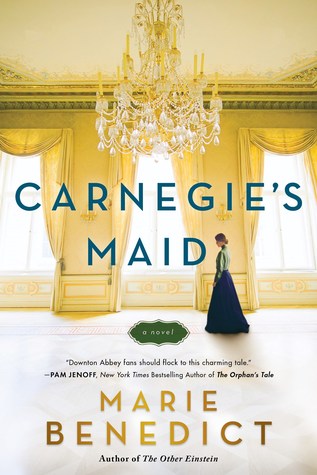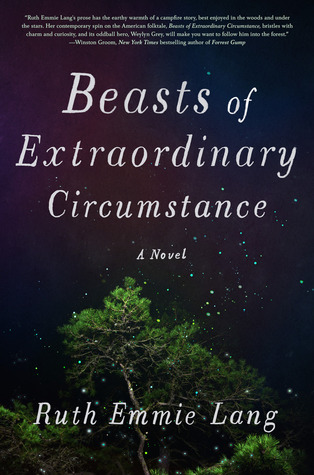Released by Angry Robot on July 3, 2018
Available for purchase on Amazon
A misfit crew race across the galaxy to prevent the genocide of magical creatures, in this unique science fiction debut.
Having magical powers makes you less than human, a resource to be exploited. Half-unicorn Gary Cobalt is sick of slavery, captivity, and his horn being ground down to power faster-than-light travel. When he's finally free, all he wants is to run away in his ancestors' stone ship. Instead, Captain Jenny Perata steals the ship out from under him, so she can make an urgent delivery. But Jenny held him captive for a decade, and then Gary murdered her best friend... who was also the wife of her co-pilot, Cowboy Jim. What could possibly go right?
ANNA'S REVIEW
★★
I have some mixed feelings about this very complicated and bizarre book.
Gary is half unicorn, half human and has just been released from prison when he gets pulled into a plot to deliver mysterious packages across the universe. Will he be able to let go of old grudges to complete the mission?
There was some good in this book, in spite of the 2 star rating. The
world-building (or rather, universe building)
was complex and interesting. It was a strange mix of science fiction and fantasy. Not only is there space travel, but typically fantastic creatures exist across the universe. The author obviously had put a lot of thought into the politics and cultures within the world. While things sometimes were confusing or a little too convoluted, for the most part, the universe was built well and was interesting to read about.
The diversity was also well-done. For the most part, it wasn't too heavy handed or down-played. Characters are accepting of their (and others') identities - except for the bigoted villains, of course. And there was a lot of diversity - different races, sexualities, and gender identities.
But....even with all that, this book had some serious issues. Below are some
SPOILERS because I cannot stop myself from talking in-depth about the problems in this book.
The biggest issue I took was the
poor development of characters. While the author obviously had some ideas about how characters were supposed to be, often the actions of the characters didn't fall in line with the overtly-mentioned aspects of their personalities.
Take Jenny, for example. Throughout the book, Jenny is shown to be a take-charge kind of person who never stops fighting. She always has a plan and is never afraid to fight for those she loves. This is all mentioned explicitly and shown implicitly throughout the book. However, at the beginning of the book, we are told that Jenny has spent the previous 10 years waiting around for Gary to get out of jail. She's bummed around doing small jobs, but couldn't do much else because she didn't have a ship. With everything that we're shown about Jenny's character throughout the book, this doesn't make any sense - she just sat around doing nothing for a decade and then she's ready to be a go-getter once again?
What also confused me was Jenny's feelings toward Bala - or magical creatures. Jenny is in a relationship with a magical tree/druid creature. However, it is told many times that Jenny (while in this relationship), took Gary (our half-unicorn character) captive for years and mistreated him. This discrepancy felt odd to me - why would Jenny be okay with Bala in some instances, but feel justified in taking one as a slave in others? If this discrepancy had been addressed head on, I would have felt better about it.. But it's never mentioned. And we're just told that, in the 10 years she did nothing, Jenny changed and now feels more sympathetic to Bala and their plight. But why didn't she feel that way the whole time she was married to a Bala who was losing rights and constantly on the run from the authorities? It made no sense.
Jim is another character I took issue with. His character makes little sense and entirely functions as a villain. He is very clear about his hatred for Gary throughout the entire book, but is okay moving forward with a plan to bring Gary on board and helps moves this plan along. It is only when Gary is back on board that Jim is shown to have a problem with Gary and starts doing little things to antagonize him. Why would Jim go along with this plan at all if he hated Gary? And if he chose to go along with it in spite of hating Gary, why wouldn't he try to kill Gary on sight?
Along those same lines, the author seemed to be unsure about whether Jim was supposed to be a quirky, but likeable character, or an evil villain. There are a lot of characters who are written to show both their good and bad characteristics, but Jim's character was not written well to show this balance. Obviously, most people have some good and some bad in them. But Jim's character felt disjointed when he was obsessed with grilled cheese in one paragraph and turning in Bala to the authorities in the next. It didn't feel like the same character. Also, grilled cheese isn't a personality trait and I wish the character of Jim had been fleshed out more than being 1) useless, 2) obsessed with grilled cheese sandwiches, and 3) evil.
And with that in mind, here is what confused me most- why are Jim and Jenny still hanging around together? Jenny is clear about thinking Jim is useless and sketchy. Jim gets irritated with Jenny. Jenny knows that Jim hates Gary. Why would Jenny invite Jim to help in a mission to rescue Gary with all that in mind? And why would Jim accept? On top of that, Jim and Jenny supposedly hung out for 10 years doing almost nothing or reconnected after 10 years to do this job - which makes no sense. Ten years is a long time - neither of them found any new connections or realized their incompatibility in that time? What's keeping them together - a love for Jim's deceased wife? Their relationship makes no sense, especially as it becomes more and more clear that Jim isn't useful on board and that Jenny doesn't trust him at all.
The writing is often unclear. It took me a long time understand the cultures and the universe because things were revealed just a little at a time, but in a very confusing and disorienting way. For the first 1/3 of this book, I really had no idea what was going on (partly because the first 5-6 chapters are a contest taking place in a bar that has no real impact on the rest of the story).
Overall, this is a fun book for people who enjoy silly sci-fi stories. But if you want good character development, don't pick up this book.
Have you read this book? Are you interested in reading this book? What do you look for in a science fiction story?



